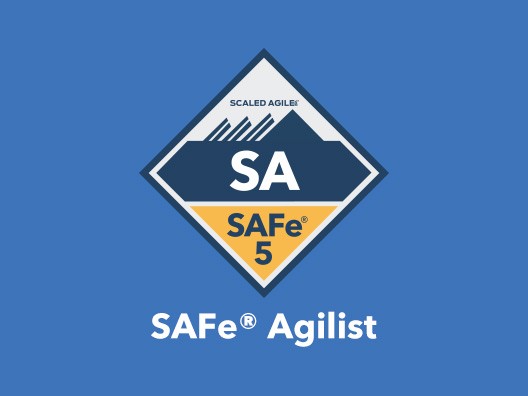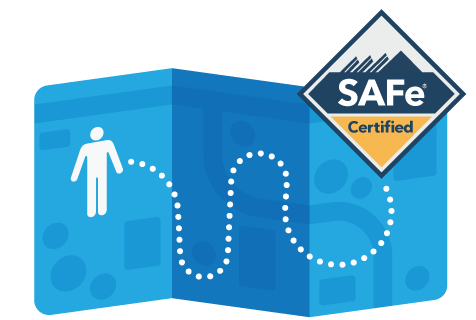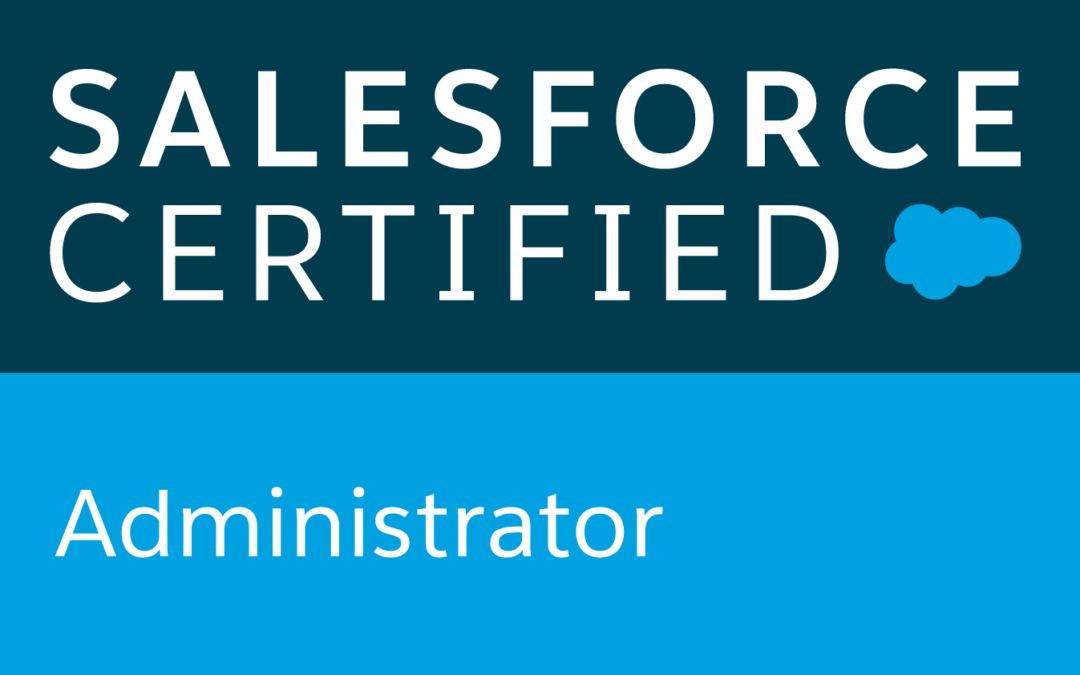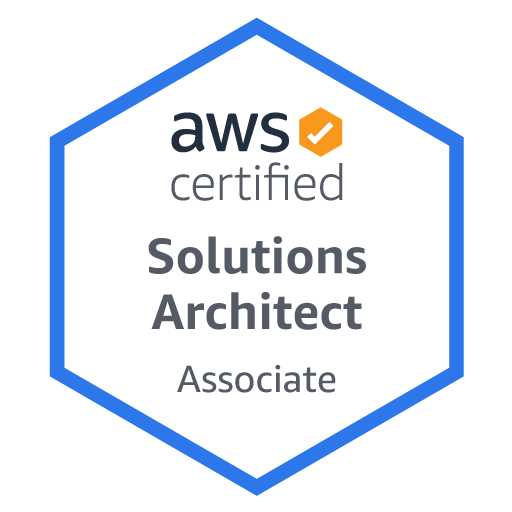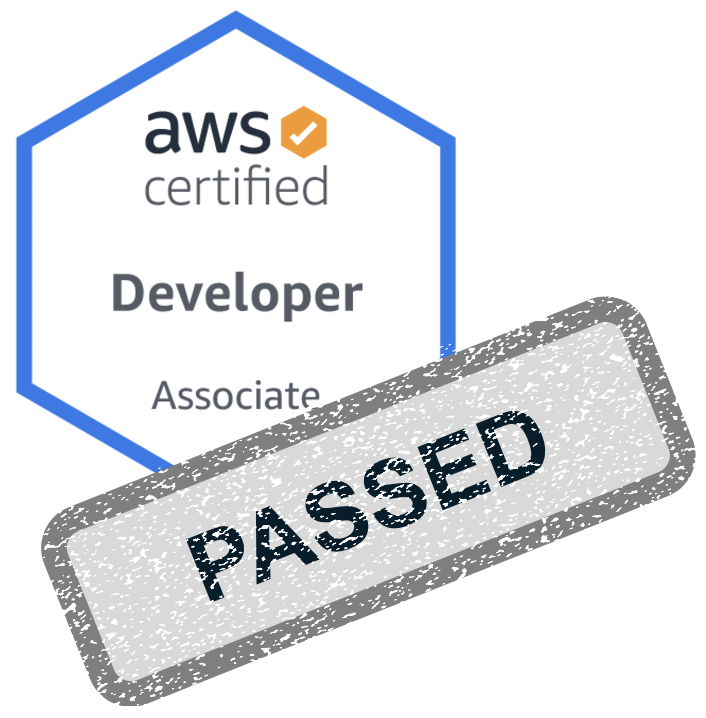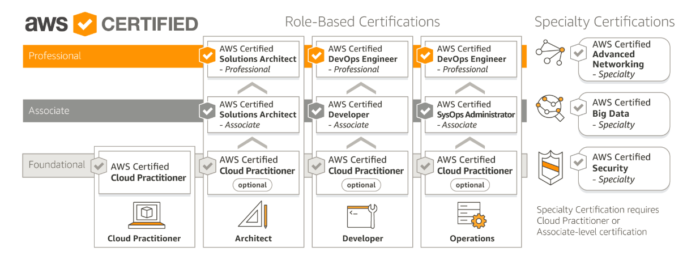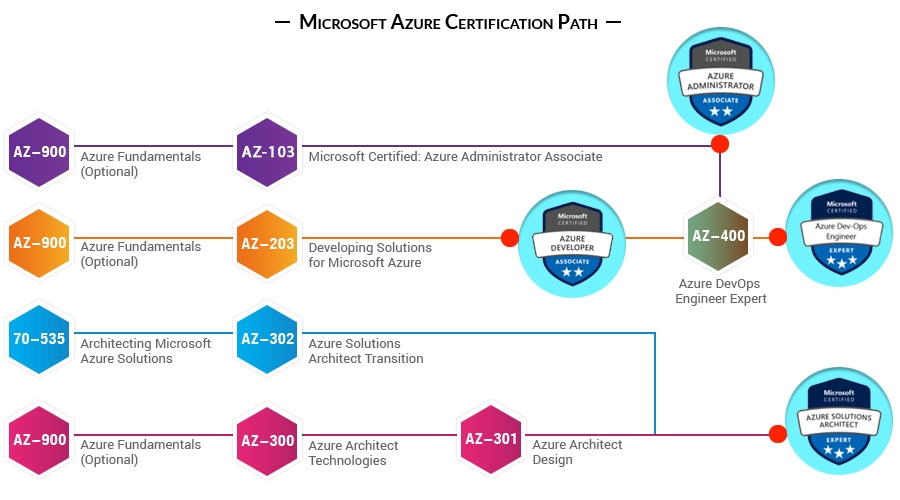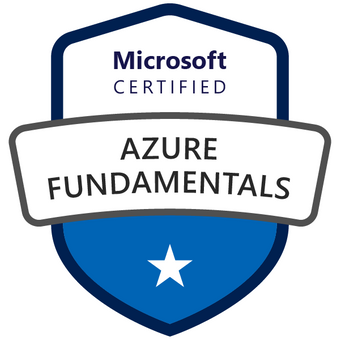Leading SAFe® 5.1 – safe agilist certification dumps
1dollarcart provides safe agilist 5.1 certification exam dumps. Collection of question answers. Excel file with Q&A for clearing exam easily 90% question will come from this dumps only. This dump is for Leading SAFe 5.1 Agilist. Practice from this dump of Leading SAFe questions can make your exam preparation complete. We guarantee the clearance of certification exams Leading SAFe – Certified SAFe® Agilist (SA) in your first attempt. A SAFe Agilist is a Scaled Agile Framework® (SAFe®) enterprise leadership professional who is part of a Lean-Agile transformation. The best solution to prepare for Agile certifications clear your exam in first attempt with the most reliable exam dumps material from 1dollarcart.
safe agilist 5.1 certification exam questions and answers pdf free
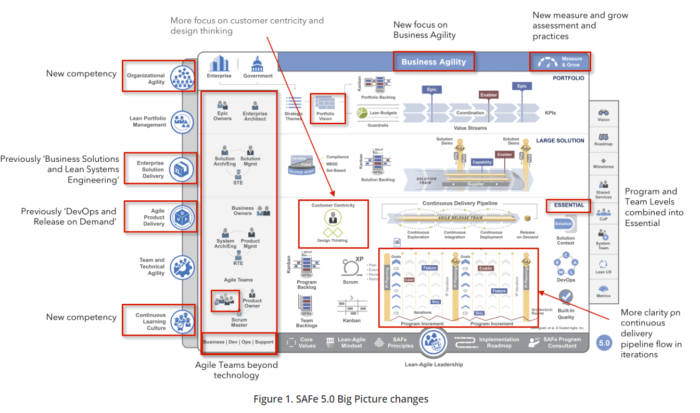
How many questions are in the safe Agilist exam?
In SAFe agilist exam there are 45 multiple choice question to be solved in 90 minutes to pass the exam from 45 questions 35 answers should be correct. This is online proctor based exam first you have to schedule the exam and on exam day you have to login half and hour before on SAFe Community official website and after connecting to the support team you have to upload one official government id proof approved for your country after successfully upload further you have to upload 3 images of your exam location room from your phone. After verification they will connect you with online proctor then you can start your exam.
Example Question Set :-
| QN. | Questions | Answers |
| 1 | What must management do for a successful Agile transformation? | Commit to quality and be the change agent in the system |
| 2 | How does SAFe provide a second operating system that enables Business Agility? | By focusing on customers, products, innovation, and growth |
| 3 | What is Business Agility? | The ability to compete and thrive in the digital age by quickly responding to market changes and emerging opportunities with innovative business Solutions |
| 4 | What are the last three steps of the SAFe Implementation Roadmap? | Launch more Agile Release Trains and Value Streams, extend to the portfolio, accelerate |
Calculate your section score chapter wise after giving mock test:-
section 1. Thriving in the Digital Age with Business Agility
section 2. Becoming a Lean-Agile Leader
section 3. Establishing Team and Technical Agility
section 4. Building Solutions with Agile Product Delivery
section 5. Exploring Lean Portfolio Management
section 6. Leading the Change
Exam Sections and Percentages & References
Thriving in the digital age with business agility (13%)
- Recognize the Problem to be Solved
- Describe SAFe as an operating system for Business Agility
- Explain the Seven Core Competencies for achieving Business Agility
- Leading SAFe Student Workbook: materials and exercises from Lesson 1
- v5.scaledagileframework.com/implementation-roadmap/
- v5.scaledagileframework.com/business-agility/
- v5.scaledagileframework.com/lean-agile-leadership/
- v5.scaledagileframework.com/organize-around-value/
Becoming a Lean-Agile leader (29%)
- Embrace the Lean mindset
- Apply Lean and Agile at Scale with the SAFe Principles
- Leading SAFe Student Workbook: materials and exercises from Lessons 2 and 3
- v5.scaledagileframework.com/safe-core-values/
- v5.scaledagileframework.com/lean-agile-mindset/
- v5.scaledagileframework.com/safe-lean-agile-principles/
- v5.scaledagileframework.com/assume-variability-preserve-options/
- v5.scaledagileframework.com/visualize-and-limit-wip-reduce-batch-sizes-and-manage-queue-lengths/
- v5.scaledagileframework.com/apply-cadence-synchronize-with-cross-domain-planning/
- v5.scaledagileframework.com/unlock-the-intrinsic-motivation-of-knowledge-workers/
- v5.scaledagileframework.com/decentralize-decision-making/
- v5.scaledagileframework.com/organize-around-value/
Establishing team and technical agility (9%)
- Form Cross-Functional Agile teams
- Build Quality in
- Organize Agile Release Trains Around the Flow of Value
- Leading SAFe Student Workbook: materials and exercises from Lessons 3 and 4
Building solutions with Agile product delivery (33%)
- Focus on Customer Centricity with Design Thinking
- Prioritize the Program Backlog
- Experience PI Planning
- Develop on Cadence; Release on Demand
- Build a Continuous Delivery Pipeline with DevOps
- Leading SAFe Student Workbook: materials and exercises from Lessons 4 and 5
- v5.scaledagileframework.com/business-owners/
- v5.scaledagileframework.com/customer-centricity/
- v5.scaledagileframework.com/design-thinking/
- v5.scaledagileframework.com/continuous-integration/
- v5.scaledagileframework.com/DevOps/
- v5.scaledagileframework.com/solution-demo/
Exploring Lean Portfolio Management (11%)
- Define a SAFe Portfolio
- Connect the Portfolio to Enterprise Strategy
- Maintain the Portfolio Vision
- Establish Portfolio Flow
- Fund Value Streams
- Leading SAFe Student Workbook: materials and exercises from Lessons 5
- v5.scaledagileframework.com/Portfolio-SAFe/
- v5.scaledagileframework.com/value-streams/
- v5.scaledagileframework.com/strategic-themes/
- v5.scaledagileframework.com/guardrails/
Leading the change (4%)
- Lead by Example
- Lead the Change
- Leading SAFe Student Workbook: materials and exercises from Lessons 2 and 6
- v5.scaledagileframework.com/lean-agile-leadership/
SAFe agilist exam questions and answers topics & study guide :
a) The general topics which you need to be aware of for clearing safe exam
- Empowerment of Agile Portfolio
- Core SAFe Principles
- Large Solution creations
- Lean-Agile Enterprise growth
- How to develop high-performing teams and programs
- Introduction to Scaled Agile Framework
- Lean and Agile Values
- PI Planning experiences
b) SAFe 5.1 examination topics
- Agile Product Delivery
- Customer Centricity and Design Thinking
- Innovation Culture
- Relentless Improvement
- Enterprise Solution Delivery
- Lean Systems and Solution Engineering
- Coordinating Trains and Suppliers
- Continually Evolve Live Systems
- Lean-Agile Leadership
- Leading by Example — Setting an example is difficult but that is the key to successful leadership.
- Develop on Cadence; Release on Demand
- DevOps and the Continuous Delivery Pipeline
- Continuous Learning Culture
- Learning Organization
- Mindset and Principles
- Leading Change
- Lean Portfolio Management
- Strategy and Investment Funding
- Lean Governance
- Agile Portfolio Operations
- Organizational Agilist
- Lean-Thinking People and Agile Teams
- Lean Business Operations
- Strategy Agility
- Team and Technical Agilist
- Agile Teams
- Built-in Quality
safe 5 practitioner exam dumps on 1dollarcart
For SAFe agilist certification exam dumps 2023
Worldwide $ :- safe-agilist-certification-exam-dumps-worldwide
Indian ₹ :- safe-agilist-certification-exam-dumps-india
For SAFe practitioner exam certification dumps
Worldwide $ :- safe-practitioner-certification-dumps-worldwide
Indian ₹ :- safe-practitioner-certification-dumps-india
Fair Use Act Disclaimer :
This site is for educational purposes only.
Fair Use
Copyright Disclaimer under section 107 of the Copyright Act of 1976, allowance is made for “fair use” for purposes such as criticism, comment, news reporting, teaching, scholarship, education and research.
Fair use is a use permitted by copyright statute that might otherwise be infringing.
Fair Use Definition
Fair use is a doctrine in United States copyright law that allows limited use of copyrighted material without requiring permission from the rights holders, such as commentary, criticism, news reporting, research, teaching or scholarship. It provides for the legal, non-licensed citation or incorporation of copyrighted material in another author’s work under a four-factor balancing test.

